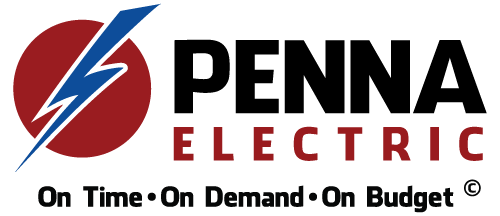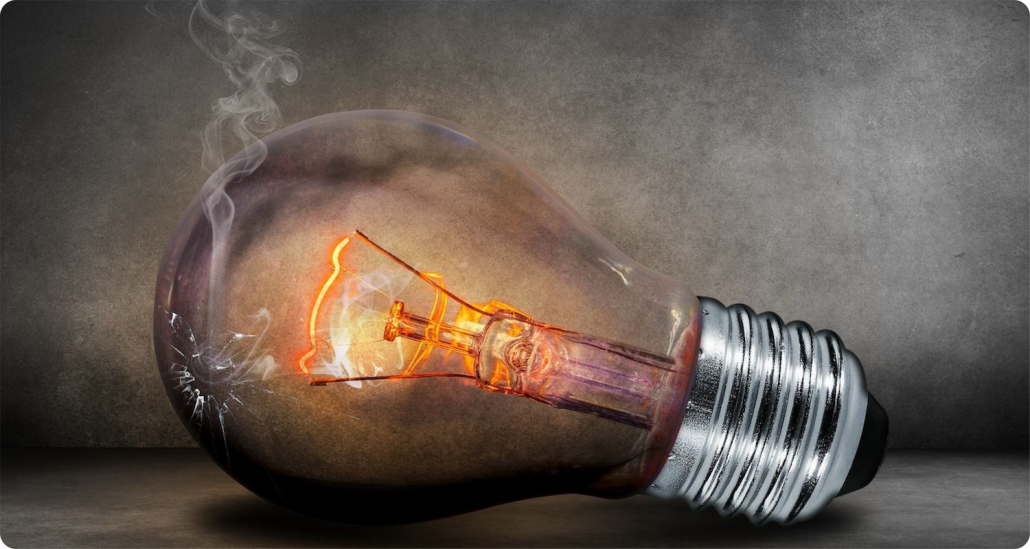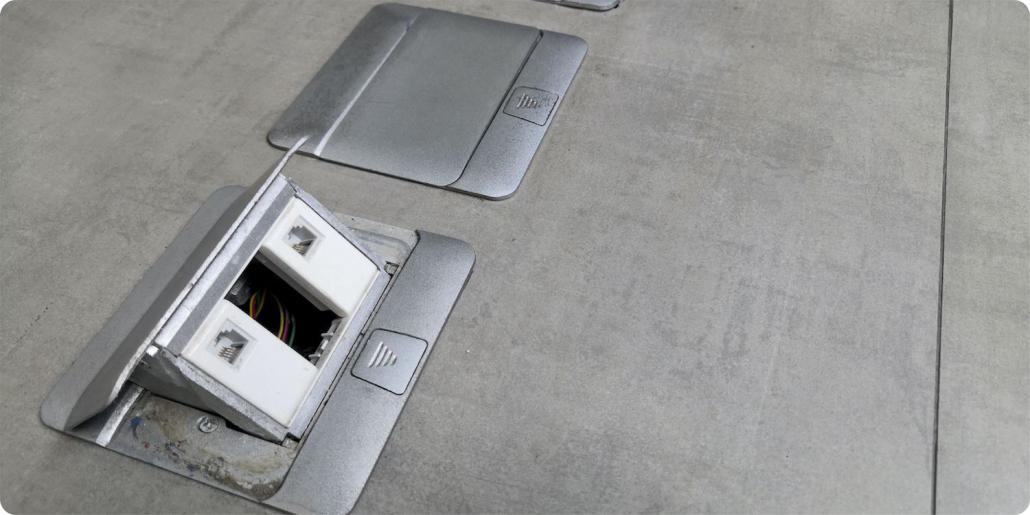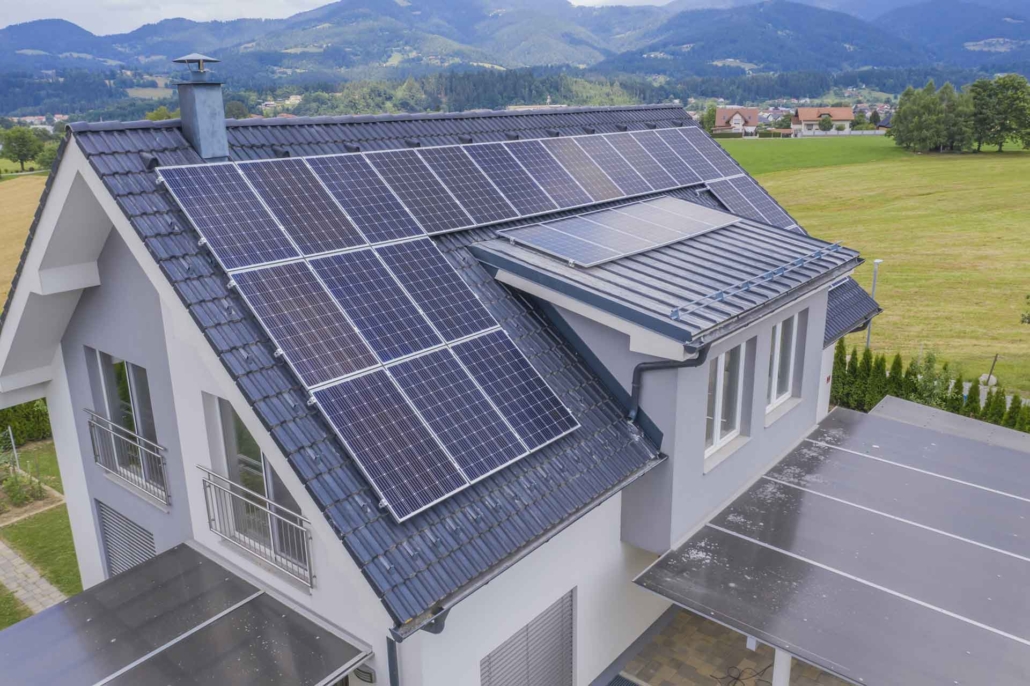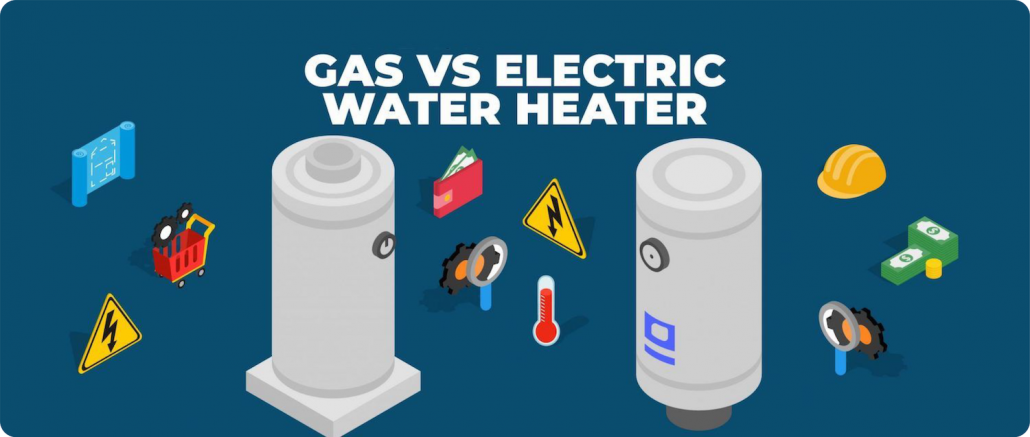May 20, 2021 | Cristina Dinulescu
Utility bills have always been a matter of concern for homeowners and the cost of heating water is the second biggest expense, surpassed only by the heating and cooling expense. Even though this is an important cost, an electric water heater is almost never top of mind for homeowners, that is until it breaks. Then, not only do you lose hot water, but most likely you’ll have to deal with a flooded basement as well.
To that extent, it might be worth paying attention to your water heater and learning a few things about how it works and what could go wrong. One of the first things to learn is the type of fuel source you have. Most households water heaters use either natural gas, although sometimes propane as well, or electricity. There are several differences between electric water heaters, gas ones and hybrid types.
In terms of issues or problems that could arise, some can occur in all types of water heaters, as they’re typical issues. However, there are also some that are unique to an electric water heater. If that’s the type you have in your home, here is some basic knowledge about how it works and the different types.
How Does The Water Heater Work?
As the name suggests, electric water heaters use electricity to heat the water. They can use either 120- or 240-volt current, although the latter is more common. The electricity energizes the metal heating elements, which extend into the water tank through the side wall. Typically, a water heater will have 2 heating elements: one at the top of the tank and another near the bottom. Power will heath the metal loops, which in turn will heat the surrounding water. The wattage of the heating elements differ from one product to another depending on size and the recovery time.
There are 3 main issues that most commonly arise when it comes to an electric hot water heater. It may take a while for a water heater to show any signs of a problem, but here are the most common ones:
- Sediment – sediment from the water can form on the bottom of the tank over time, which can eventually cover the lower heating element. This will prevent the element from working efficiently and heating the water. You can prevent sediment by regularly flushing the tank, however if it does occur and if sediment covers the lower element, then you will most likely have to replace the heater.
- Burn out – it is possible that heating elements burn out. If the water is not hot and it’s only coming out slightly warm, then that’s a sign that the top heating element isn’t working anymore. If the lower element is defective, then the water will come out really hot in the beginning but then it will become cold very quickly. In this case, you can replace the heating elements.
- Faulty thermostat – although fairly unusual, sometimes the issue may be not with the water heater itself, but with the thermostat. This is a device mounted on the heater that allows you to control the temperature. On an electric water heater, you’ll find the thermostat under the access panel, on the side of the heater or on the front. Sometimes, you can simply reset the thermostat and the heater will start working again.
What Are The Different Types of Electric Water Heater?
There are different types of electric water heaters, even though most households have the traditional storage tank models. They each have pros and cons, and some of these types are not very efficient on electricity, but work better on gas.
1. Storage Tank Water Heater
As mentioned above, the storage tank water heaters are the most common types in households. They make use of an insulated tank where the water is heated and stored until it’s used. This type of water heater has a pipe on top, from which water emerges.
It also features a temperature-relief valve, which opens if the water exceeds a certain preset temperature. Same goes for pressure, and there’s a pressure-relief valve as well. Electric storage tank water heaters are more affordable than gas ones at the time of purchase, but the cost to run them is typically higher.
2. Tankless (On-Demand) Water Heater
An electric tankless water heater doesn’t store any water, but rather heats it up on demand. It uses heating coils that warm the water up as you need it. Because of that, they’re more energy efficient, so your utility bills won’t be as high.
The downside of tankless models is that, without a storage tank, they can only provide a limited flow of hot water. Usually, a standard model will be able to provide 3.5 gallons per minute, but this mostly depends on the inlet water temperatures. If you usually don’t need hot water for multiple purposes at once, say take a shower and run the dishwasher at the same time, then this could be a good option.
On the other hand, this type of water heater is not the best for homes that use electricity to heat water, as the electric models may require you to upgrade your home’s electrical capacity. In many cases, this is quite the expense.
3. Heat Pump (Hybrid) Water Heater
Hybrid water heaters use about 60% less energy than the standard electric water heaters, so they’re great if you want to conserve power. They capture heat from the air and then transfer it to the water with the help of the heat pump which is on top of the device.
Installing a hybrid heater is very similar to installing an electric water heater, even though the purchase price may be a little higher. However, the savings on energy make it totally worth it. Because they use the heat in the air, they don’t work well in very cold spaces, and need to be installed in environments that are perpetually 40 to 90 degrees F.
The right electrical upgrade can dramatically improve the value and appearance of any home or business. You’ll be amazed at what a difference the right electrical upgrade can make for your home or business. Make sure that when you select an electrical company to do the enhancement of your home and you have decided to take your enhancement to the level where you require an electrical upgrade that the technician at the company has a good working knowledge and the experience to properly guide you in this area.
When you decide to upgrade, our well-trained and certified electricians have all the experience and training needed to complete your electrical panel upgrade project from start to finish, with a minimum of fuss or disturbance. Please contact us right away at 310-800-2401
